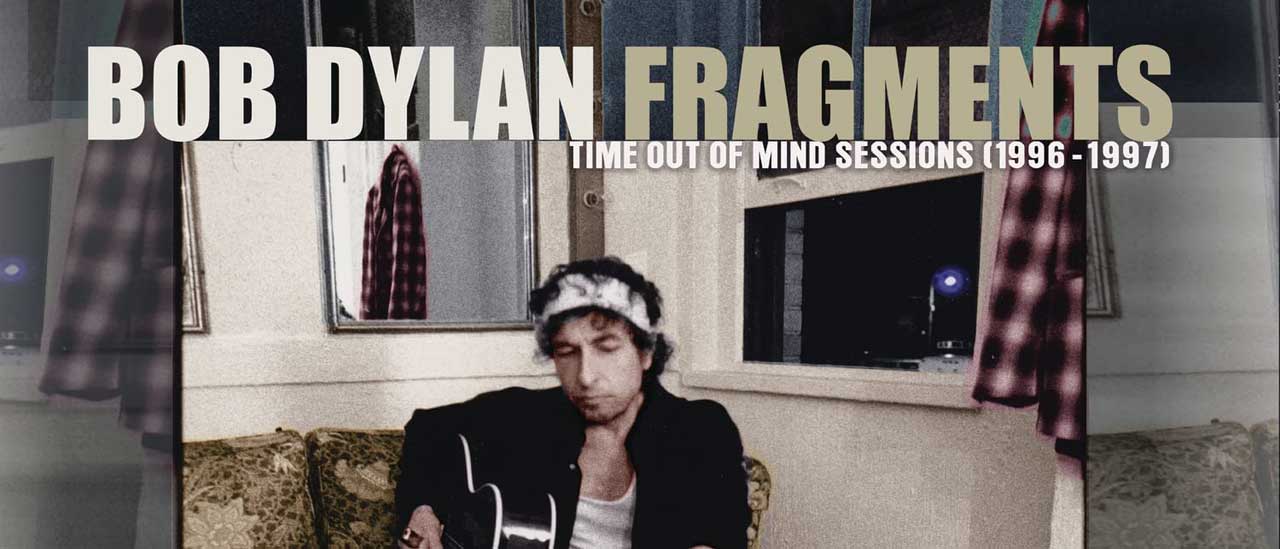You can trust Louder
Even the most ardent Bob Dylan fans were worrying that he’d dropped the ball with Time Out Of Mind, released in autumn 1997. There had been nothing really new from Dylan for seven years – just crumbs of comfort via an MTV Unplugged, various ‘best
of’s and the inaugural Bootleg Series.
Once the songs flowed again, Dylan and producer Daniel Lanois scooted to Criteria Studios in Miami and worked like beavers while fighting like cats over the sound and direction the album should take. Mississippi wasn’t ‘sexy’ enough for Lanois, and the artist didn’t trust the elaborate arrangements and endless list of talented guest players.
This five-CD set (other configurations are available if you don’t fancy forking out £130) takes the liberty of stripping the original to bare bones. Michael Brauer’s interpretation – same songs, different mix – alters the texture of familiar songs like Love Sick, the spectral Cold Irons Bound and Make You Feel My Love, now something of a standard thanks to Adele, Michael Bublé and, er, Nick Knowles.
Other discs are works in progress, out-takes and alternatives from the Teatro sessions like Red River Shore – although you can hear that already on Bootleg Series, Tell Tale Signs (2008), so listeners could easily avoid the fifth bonus. The live pieces are more informative, with songs performed between 1998 and 2001.
Revitalised by good reviews, recovery from illness and with another Grammy on the shelf, Dylan was back on form and not quite ready to meet Buddy and Elvis in the great blue yonder. Excellent.
Sign up below to get the latest from Classic Rock, plus exclusive special offers, direct to your inbox!
Max Bell worked for the NME during the golden 70s era before running up and down London’s Fleet Street for The Times and all the other hot-metal dailies. A long stint at the Standard and mags like The Face and GQ kept him honest. Later, Record Collector and Classic Rock called.


